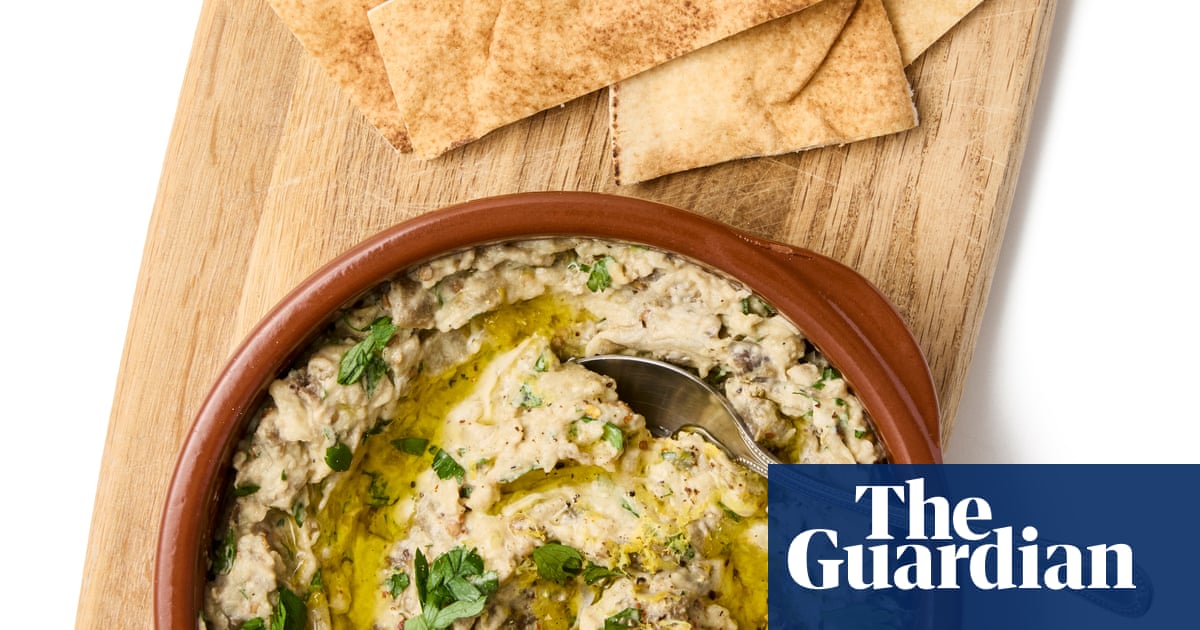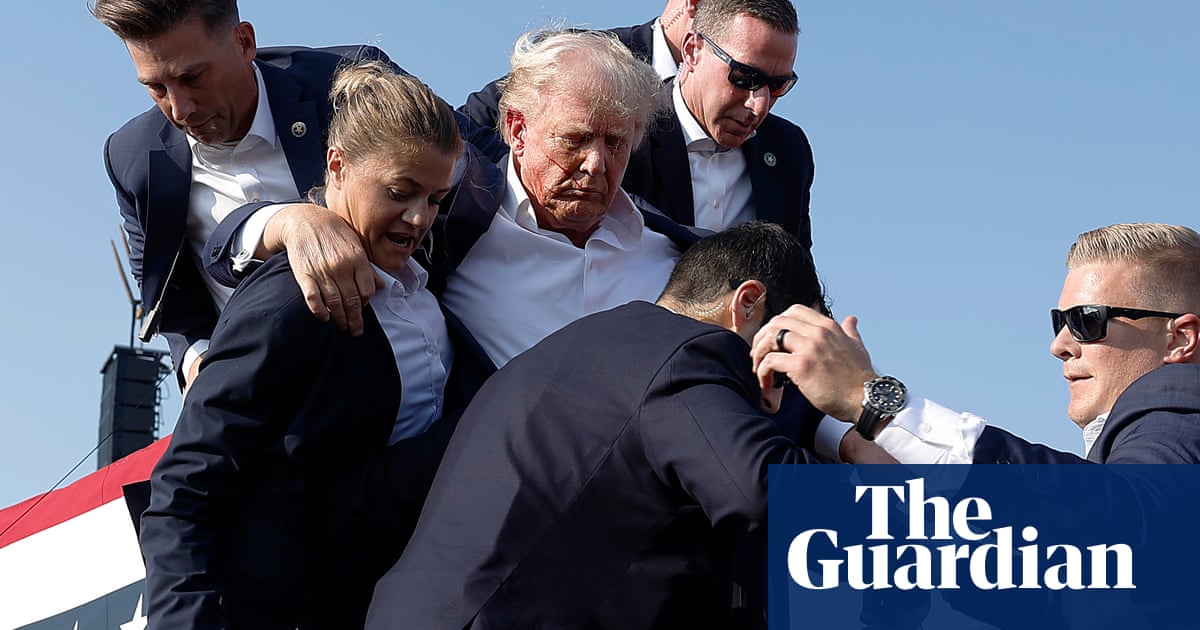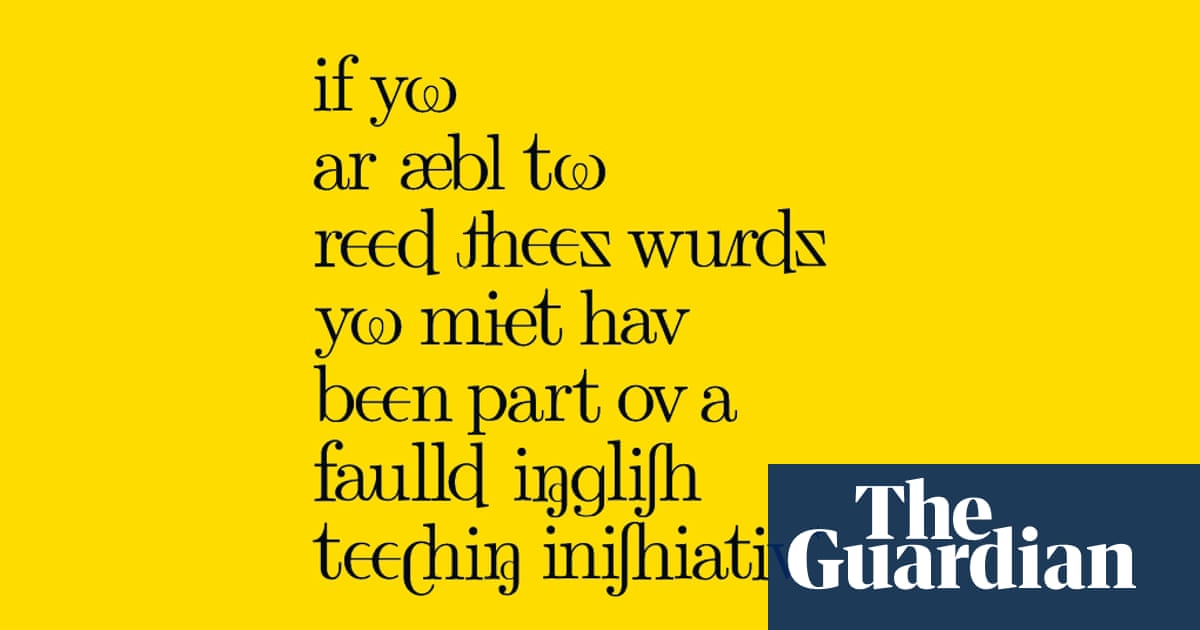The game-changing geopolitical event last week was the near collapse of the immense $29tn market in US government debt, threatening the stability of the American and global financial system and the safe-haven status of dollar assets.
The US president boasted as the collapse unfolded that world leaders were queueing to “kiss his arse”. Twelve hours later, he was in the same humiliatingly weak position as the then British prime minister Liz Truss found herself after her tax-slashing “mini-budget” in 2022. The markets had forced him to pause for 90 days the swingeing range of “reciprocal” tariffs that he announced on what he proclaimed “liberation day”; instead he lowered all of them, bar that on China, to 10%.
The markets sighed relief, but “liberation’” had boomeranged. It was Trump who was imprisoned. He and his sycophants insisted it was all part of a grand plan. Nonsense – he is economically and politically gored.
He dare not risk reimposing the same tariffs when the “pause” ends without risking an even worse US debt crisis. Worse, he has killed the prospect of the rest of the world buying the avalanche of new US government debt that will follow from the huge tax cuts he plans in the autumn. The US Federal Reserve has been forced to reassure the markets, still weak, that it will do anything necessary to ensure their stability – another sign of how power is draining from Trump.
The EU, Britain and other rule-of-law capitalist democracies now have the balance of advantage. But they need to recognise it and work together to capitalise on the opportunity, rather than each sue for the most advantageous deal possible in their limited “national interest”.
This is a moment when the national interest is best pursued by hanging together. The situation remains dangerous. The US’s average tariff, including the 145% on Chinese imports, is the highest for a century. China, with its technological and financial power plus leverage over key raw materials, is on manoeuvres, trying to put itself at the centre of a new order.
The democracies must find a common front over the next 90 days as an exercise in damage limitation, and then go beyond that to fashion a new trade order from the ruins of the old – but necessarily without the US. Equally, they must have their eyes wide open about China. While it must be engaged with, it is not a benevolent power. Rather, it is the lynchpin of what author Anne Applebaum has called “Autocracy Inc”, a network of countries including Russia whose aim is to undermine rule-of-law democratic societies, human rights and political pluralism.
Britain’s Brexiters – as wilfully ignorant about the damage they have caused and today’s realities as Donald Trump – will vociferously complain, but the EU has to be Europe’s vehicle for the task ahead. Its current stance is an excellent starting point. Its goal is to remove all tariffs and, while it is prepared to negotiate on genuine US trade complaints and buy more US gas, it will use its heft to resist extra-territorial American claims on sovereignty, tax policies or regulation, calmly reserving the right for targeted retaliation if need be. It will certainly defend EU product standards across the board – from digital services to food. And it is open to a closer trade relationship with Canada.
But the EU needs to use the 90-day “pause” to get beyond that and ambitiously form a coalition of the willing to create a global pact not to pursue beggar-my-neighbour trade policies, and launch the basis for a global customs union. It would recruit from the G20, extending the invitation to Asia’s Trans Pacific Partnership, the Gulf Co-operation Council, South America’s Mercosur and the Southern African Customs Union. It could be done in parallel with the World Trade Organization (WTO) as a new Global Customs Union Council, aiming ultimately to extend any agreement into common technical and safety standards, and perhaps use the WTO to police its rules and arbitrate disputes. China could join if it accepted the rules.
Being outside the EU, Britain cannot be the lead playmaker in this effort, but it must indicate it will play ball – and initiate what it can. Rachel Reeves, writing in the Observer this week, signals a first step in this direction.
To be effective, Britain should ally itself with the EU in its negotiations with Trump and go for a much more expansive trade deal with the EU – to include agreement on technical standards – than the timorous one to be unveiled at the joint UK-EU summit in May, even suggesting Gordon Brown, internationally respected for his role in the debt crisis, as the lead sherpa, to show its good faith and commitment to the cause.
Any doubts should be dispelled by the numbers. The draft head of terms for the UK-US trade deal is pathetic: minimal concessions from the US while the UK is being forced to shrink its red lines on food standards, product regulation and digital services. The independent forecaster Frontier Economics reckons that the impact of US tariffs will shrink UK GDP by 0.7%, while a deeper deal with the EU could instead lift GDP by 1.5%, despite US tariffs.
So what is it to be? Bail out a stricken Trump with a third-rate trade deal on which he will boast Britain has kissed his arse? Or make common cause with the EU to boost our growth and fashion a new global free-trade architecture?

 2 months ago
60
2 months ago
60

















































